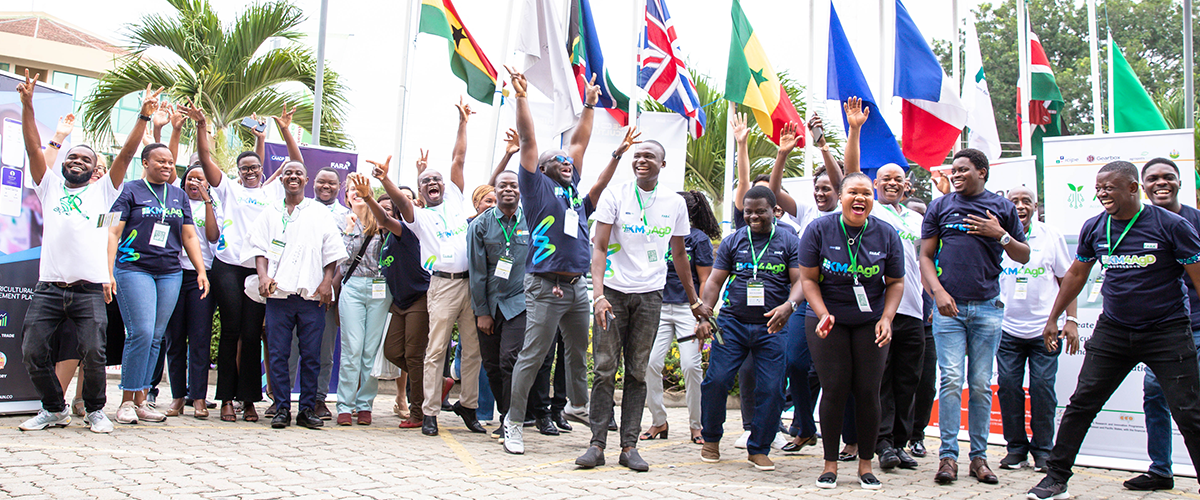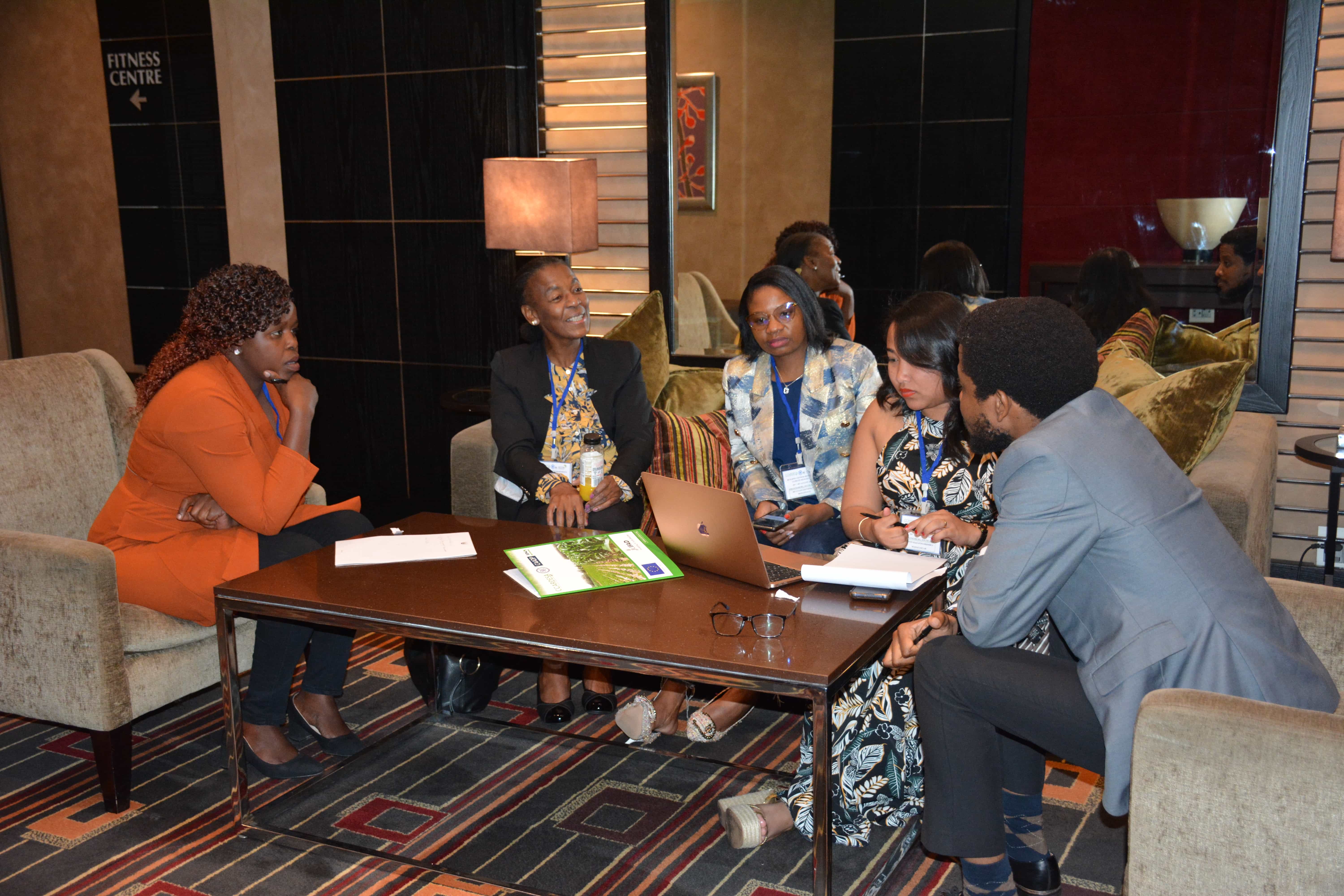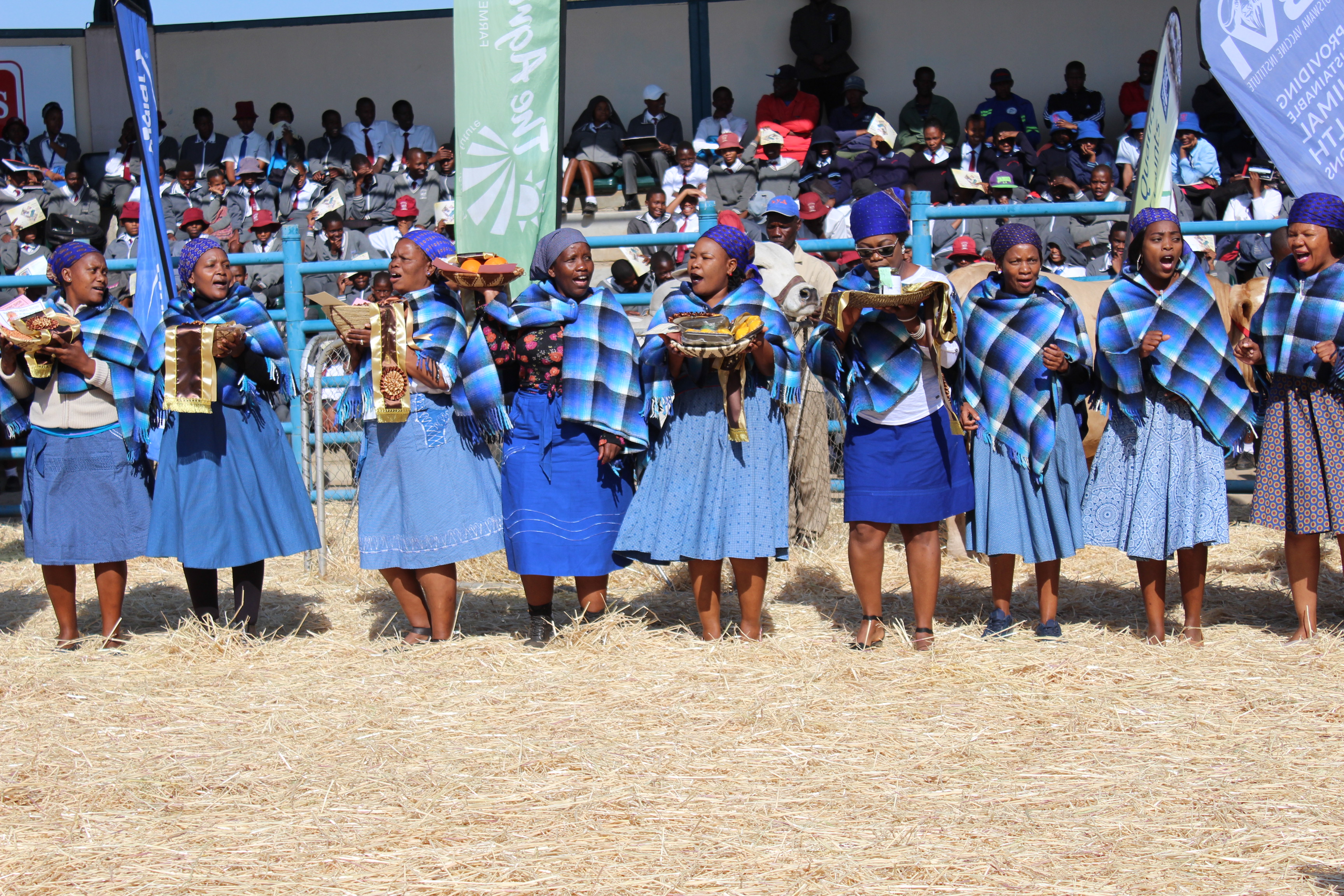Grooten, M. and Almond, R.E.A.(Eds)
Mike Barrett (WWF-UK), Alan Belward (European Commission Joint Research Centre), Sarah Bladen (Global Fishing Watch), Tom Breeze (University of Reading), Neil Burgess (UN Environment World Conservation Monitoring Centre - UNEP-WCMC), Stuart Butchart (BirdLife International), Harriet Clewlow (British Antarctic Survey and the University of Exeter), Sarah Cornell (Stockholm Resilience Centre), Andrew Cottam (European Commission Joint Research Centre), Simon Croft (Stockholm Environment Institute), Guiseppe de Carlo (WWF International), Luca de Felice (European Commission Joint Research Centre), Adriana De Palma (Natural History Museum, London), Stefanie Deinet (Zoological Society of London), Rod Downie (WWF-UK), Carel Drijver (WWF-NL), Bernadette Fischler (WWF-UK), Robin Freeman (Zoological Society of London), Owen Gaffney (Stockholm Resilience Centre), Alessandro Galli (Global Footprint Network), Paul Gamblin (WWF International), Michael Garratt (University of Reading), Noel Gorelick (Google Earth Engine), Jonathan Green (Stockholm Environment Institute), Monique Grooten (WWF-NL), Laurel Hanscom (Global Footprint Network), Samantha Hill (UN Environment World Conservation Monitoring Centre - UNEP-WCMC), Craig Hilton-Taylor (IUCN), Arwyn Jones (European Commission Joint Research Centre), Tony Juniper (WWF-UK), Huma Khan (WWF International), David Kroodsma (Global Fishing Watch), David Leclère (International Institute for Applied Systems Analysis), Ghislaine Llewellyn (WWF-Australia), Georgina Mace (University College London), Louise McRae (Zoological Society of London), Karen Mo (WWF-US), Jeff Opperman (WWF International), Alberto Orgiazzi (European Commission Joint Research Centre), Stuart Orr (WWF International), Pablo Pacheco (WWF International), Deng Palomares and Daniel Pauly (Sea Around Us, Institute for the Oceans and Fisheries, University of British Columbia), Jean-Francois Pekel (European Commission Joint Research Centre), Linwood Pendleton (WWF-US), Andy Purvis (Natural History Museum, London), Norman Radcliffe (British Antarctic Survey), Toby Roxburgh (WWF-UK), Bob Scholes (University of the Wittswatersrand, South Africa and IPBES Chair), Deepa Senapathi (University of Reading), John Tanzer (WWF International), Michele Thieme (WWF-US), Dave Tickner (WWF-UK), Pablo Tittonell (Natural Resources and Environment Program of INTA, Argentina), Phil Trathan (British Antarctic Survey), Piero Visconti (University College London and Zoological Society of London), Mathis Wackernagel (Global Footprint Network) Chris West (Stockholm Environment Institute) and Natascha Zwaal (WWF-NL)










